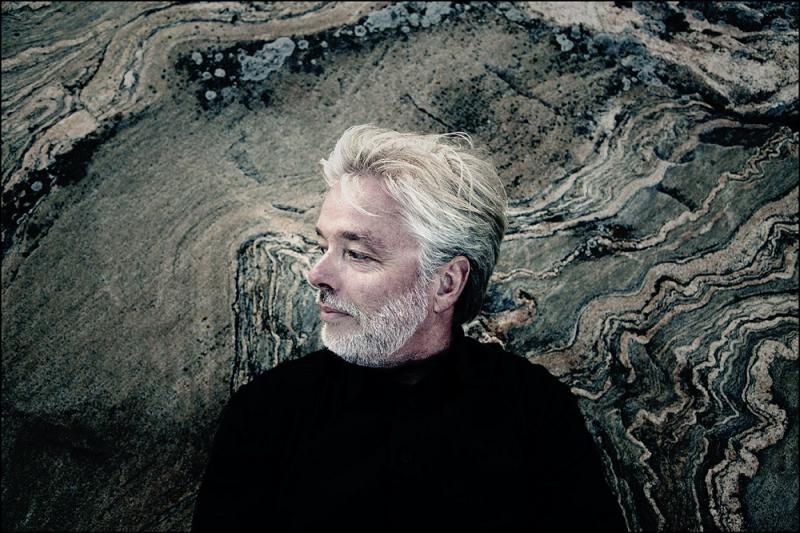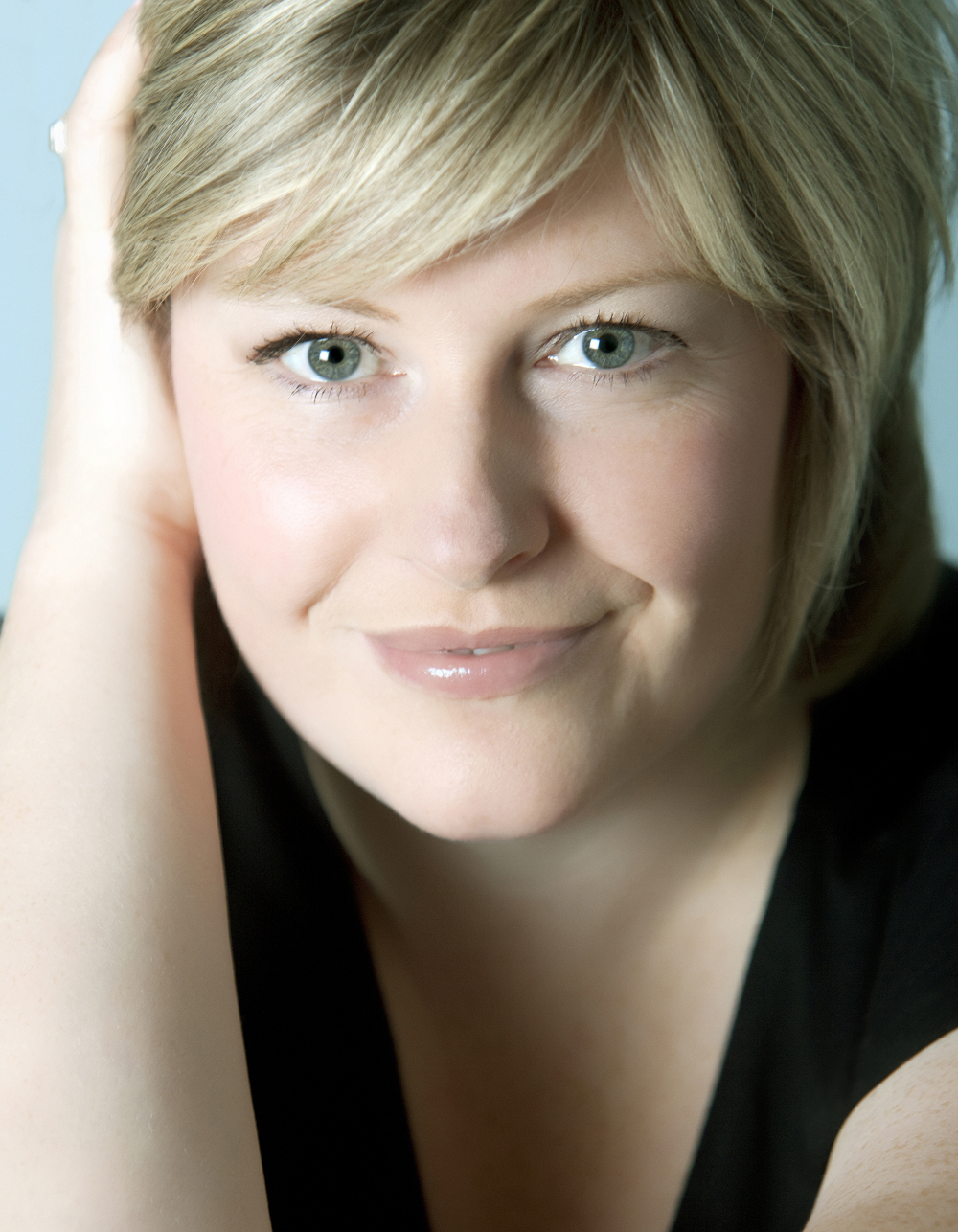Cargill, BBCSO, Saraste, Barbican review - less is more in Shostakovich | reviews, news & interviews
Cargill, BBCSO, Saraste, Barbican review - less is more in Shostakovich
Cargill, BBCSO, Saraste, Barbican review - less is more in Shostakovich
Wartime symphony presented with dark intensity, but new commission disappoints

Jukka-Pekka Saraste doesn’t visit London much these days. He was Principal Guest Conductor of the BBC Symphony Orchestra, and there were rumours that he was in line for the top job.
Saraste is an enigmatic figure, relaxed on the podium and undemonstrative. His interpretations can lack punch, especially when compared to some of his more dynamic contemporaries, but he has a real feeling for mood, and for subtly developing the music’s perspective over long spans. Shostakovich's Eighth Symphony proved an ideal vehicle, and he gave a performance of veiled emotions and dark poetry, violence and grief continually evoked, but only rarely coming to the surface.
Fellow Finn Sebastian Fagerlund provided a new work for the opener, Water Atlas, this the UK premiere of a co-commission from the BBC, Royal Concertgebouw and Finnish Radio Symphony Orchestra. The piece is the third in a nature-themed triptych, following Stonework and Drifts, all inspired by Finnish landscapes. The idea of water is rich in musical associations, and Fagerlund’s textures continually suggested descriptions like flowing, crashing, bubbling. The music is certainly scenic, playing out over long expanses, but there is plenty of detail too, with the orchestral sections well employed, if sometimes in overly conventional combinations. Despite its scale, the whole piece felt very contained, the ideas arranged and orderly: the currents flowing, but without any risk of breaking their banks. A skilfully structured score, but “safe” new music in every sense.
 Songs by Alma Mahler-Werfel followed, sung by mezzo-soprano Karen Cargill. These were six Lieder written for voice and piano in the first decade of the 20th century. More recently the songs have been orchestrated, the first four taken from the Fünf Lieder, published 1910, and here orchestrated by David and Colin Matthews, the last two by Sarasate’s conducting teacher, Jorma Panula. It is tempting to compare these songs to those of Gustav, especially since the Matthews’ orchestrations draw heavily on his textures and sounds (the Panula arrangements are just for strings), but Alma has her own voice. Her songs are often harmonically adventurous, and the word setting is always elegant. The more upbeat numbers, especially "In meines Vaters Garten", sound kitschy, but the darker songs are more satisfying, particularly "Die stille Stadt", the atmospheric opening number. Karen Cargill (pictured above) sang with plenty of expression, although her tone seemed congested and nasal. Fortunately, all of the orchestrations were light enough that she was never swamped.
Songs by Alma Mahler-Werfel followed, sung by mezzo-soprano Karen Cargill. These were six Lieder written for voice and piano in the first decade of the 20th century. More recently the songs have been orchestrated, the first four taken from the Fünf Lieder, published 1910, and here orchestrated by David and Colin Matthews, the last two by Sarasate’s conducting teacher, Jorma Panula. It is tempting to compare these songs to those of Gustav, especially since the Matthews’ orchestrations draw heavily on his textures and sounds (the Panula arrangements are just for strings), but Alma has her own voice. Her songs are often harmonically adventurous, and the word setting is always elegant. The more upbeat numbers, especially "In meines Vaters Garten", sound kitschy, but the darker songs are more satisfying, particularly "Die stille Stadt", the atmospheric opening number. Karen Cargill (pictured above) sang with plenty of expression, although her tone seemed congested and nasal. Fortunately, all of the orchestrations were light enough that she was never swamped.
The opening of Shostakovich’s Eighth Symphony, under Saraste’s baton, was an exercise in understatement. The strings play a seemingly endless melody, in other hands morose but here deceptively naïve. Eventually textures build, but Saraste doesn’t give gradual intensification, instead swiftly but subtly adjusting the tempo and texture at key points, to outline the structure while otherwise maintaining that increasingly eerie calm. The third movement scherzo was similarly paradoxical. Sarasate drew heavy accents from the brass, and real intensity from the percussion too, but again tempos were steady, the violence more implied than stated.
While the orchestra was generally fine, some scrappy ensemble was sometimes evident. Every section in the strings had a dodgy moment in the last movement, and the woodwind and brass solos throughout the symphony were rarely more than serviceable. But there were enough moments of dark magic here to compensate, skilfully wrought transitions and moments of rare clarity. The very opening was one, and the lead in to the finale was another, and so too the quiet ending – that steady, dark string sound returning. Less is more for Sarasate, and he delivers Shostakovich’s bleak message through simple, plaintive textures, to devastating effect.
rating
Explore topics
Share this article
The future of Arts Journalism
You can stop theartsdesk.com closing!
We urgently need financing to survive. Our fundraising drive has thus far raised £49,000 but we need to reach £100,000 or we will be forced to close. Please contribute here: https://gofund.me/c3f6033d
And if you can forward this information to anyone who might assist, we’d be grateful.

Subscribe to theartsdesk.com
Thank you for continuing to read our work on theartsdesk.com. For unlimited access to every article in its entirety, including our archive of more than 15,000 pieces, we're asking for £5 per month or £40 per year. We feel it's a very good deal, and hope you do too.
To take a subscription now simply click here.
And if you're looking for that extra gift for a friend or family member, why not treat them to a theartsdesk.com gift subscription?
more Classical music
 Appl, Levickis, Wigmore Hall review - fun to the fore in cabaret and show songs
A relaxed evening of light-hearted fare, with the accordion offering unusual colours
Appl, Levickis, Wigmore Hall review - fun to the fore in cabaret and show songs
A relaxed evening of light-hearted fare, with the accordion offering unusual colours
 Lammermuir Festival 2025, Part 2 review - from the soaringly sublime to the zoologically ridiculous
Bigger than ever, and the quality remains astonishingly high
Lammermuir Festival 2025, Part 2 review - from the soaringly sublime to the zoologically ridiculous
Bigger than ever, and the quality remains astonishingly high
 BBC Proms: Ehnes, Sinfonia of London, Wilson review - aspects of love
Sensuous Ravel, and bittersweet Bernstein, on an amorous evening
BBC Proms: Ehnes, Sinfonia of London, Wilson review - aspects of love
Sensuous Ravel, and bittersweet Bernstein, on an amorous evening
 Presteigne Festival 2025 review - new music is centre stage in the Welsh Marches
Music by 30 living composers, with Eleanor Alberga topping the bill
Presteigne Festival 2025 review - new music is centre stage in the Welsh Marches
Music by 30 living composers, with Eleanor Alberga topping the bill
 Lammermuir Festival 2025 review - music with soul from the heart of East Lothian
Baroque splendour, and chamber-ensemble drama, amid history-haunted lands
Lammermuir Festival 2025 review - music with soul from the heart of East Lothian
Baroque splendour, and chamber-ensemble drama, amid history-haunted lands
 BBC Proms: Steinbacher, RPO, Petrenko / Sternath, BBCSO, Oramo review - double-bill mixed bag
Young pianist shines in Grieg but Bliss’s portentous cantata disappoints
BBC Proms: Steinbacher, RPO, Petrenko / Sternath, BBCSO, Oramo review - double-bill mixed bag
Young pianist shines in Grieg but Bliss’s portentous cantata disappoints
 theartsdesk at the Lahti Sibelius Festival - early epics by the Finnish master in context
Finnish heroes meet their Austro-German counterparts in breathtaking interpretations
theartsdesk at the Lahti Sibelius Festival - early epics by the Finnish master in context
Finnish heroes meet their Austro-German counterparts in breathtaking interpretations
 Classical CDs: Sleigh rides, pancakes and cigars
Two big boxes, plus new music for brass and a pair of clarinet concertos
Classical CDs: Sleigh rides, pancakes and cigars
Two big boxes, plus new music for brass and a pair of clarinet concertos
 Waley-Cohen, Manchester Camerata, Pether, Whitworth Art Gallery, Manchester review - premiere of no ordinary violin concerto
Images of maternal care inspired by Hepworth and played in a gallery setting
Waley-Cohen, Manchester Camerata, Pether, Whitworth Art Gallery, Manchester review - premiere of no ordinary violin concerto
Images of maternal care inspired by Hepworth and played in a gallery setting
 BBC Proms: Barruk, Norwegian Chamber Orchestra, Kuusisto review - vague incantations, precise laments
First-half mix of Sámi songs and string things falters, but Shostakovich scours the soul
BBC Proms: Barruk, Norwegian Chamber Orchestra, Kuusisto review - vague incantations, precise laments
First-half mix of Sámi songs and string things falters, but Shostakovich scours the soul
 BBC Proms: Alexander’s Feast, Irish Baroque Orchestra, Whelan review - rapturous Handel fills the space
Pure joy, with a touch of introspection, from a great ensemble and three superb soloists
BBC Proms: Alexander’s Feast, Irish Baroque Orchestra, Whelan review - rapturous Handel fills the space
Pure joy, with a touch of introspection, from a great ensemble and three superb soloists
 BBC Proms: Moore, LSO, Bancroft review - the freshness of morning wind and brass
English concert band music...and an outlier
BBC Proms: Moore, LSO, Bancroft review - the freshness of morning wind and brass
English concert band music...and an outlier

Add comment